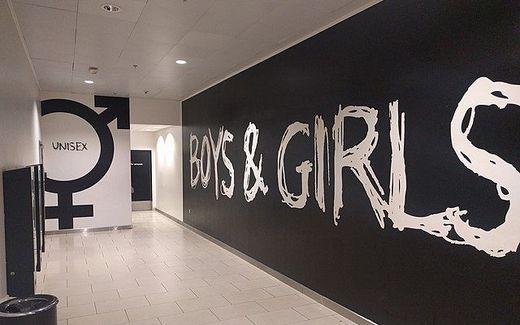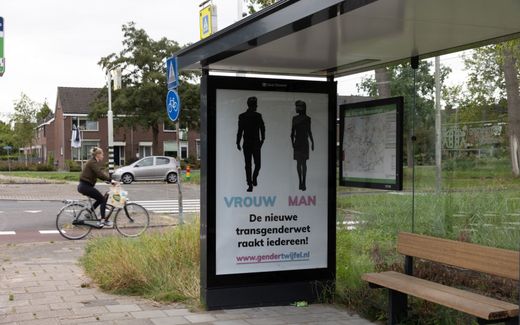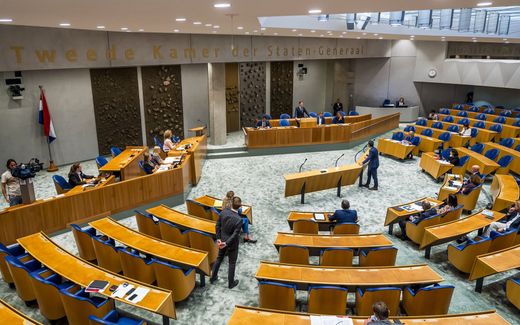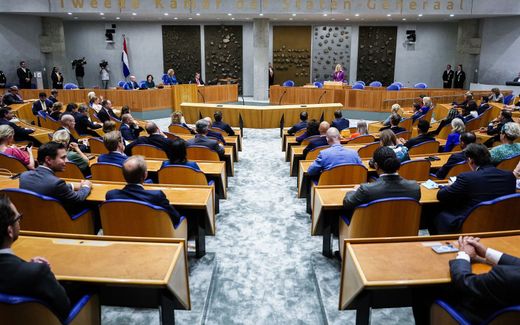Dutch increasingly critical about transgender law
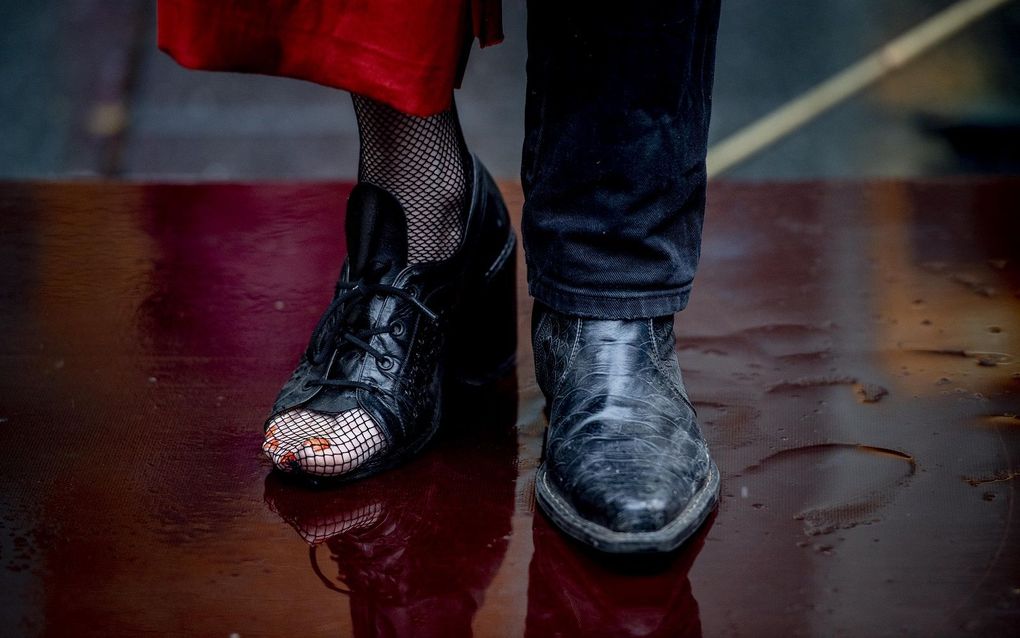
Photo ANP, Robin Utrecht
Western Europe
This year, Dutch citizens have become more critical of a transgender proposal that should make it easier for people to change their gender on birth certificates and identity papers.
The initiators of the proposal want to remove the minimum age and the need for an expert opinion in the case of gender reassignment. Yet, most Dutch think an expert opinion is crucial when someone desires legal gender change. Two-thirds of the population say there must be a minimum age for legal gender reassignment on birth certificates. The study, carried out by the Dutch Christian patient association NPV, shows no support for the proposal among the general population. That is reported by the NPV in a press release.
Drastic decision
The study, which had been carried out for the first time between December 2021 and January 2022, shows that a growing share of the population finds that the minimum age for legal gender reassignment should be 18 (37 per cent). In addition, 35 per cent think this age should go up to 25 years when the human brain is "fully developed." In the previous study, only 26 per cent thought that. During the last survey – carried out this month - only 28 per cent of the 1007 respondents said to favour a minimum age of 16 years and under.
About 54 per cent of the survey participants speak out in favour of an expert opinion. Only 14 per cent opposes it. One of the respondents explains: "Such a decision is drastic. It is important that an expert keeps an eye on the process."
Half of the respondents say birth certificates should always show an M or an F for someone's sex. Official documents should always show the birth gender, the study concludes.
Growing concerns
The NPV director, Diederik van Dijk says that the critique on the new transgender law has been growing among the general population. "I cannot but conclude that the increasing attention to the negative consequences of this law has contributed to this development", he says in a press release. He points out that real debate did not take place for a long time. "Citizens now realise what is at stake, and their worries grow. We hope the Lower House takes these concerns seriously and trashes this proposal."
The Dutch Lower House plans to debate the proposal in the second week of December. It is still unclear whether the bill will receive enough support to be passed.
Related Articles


